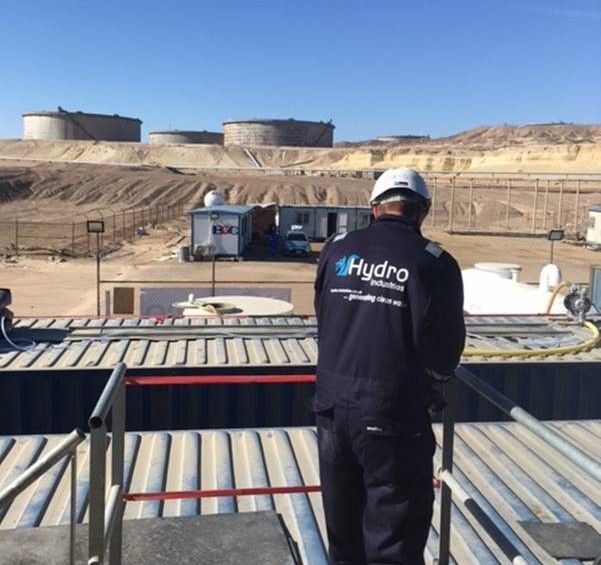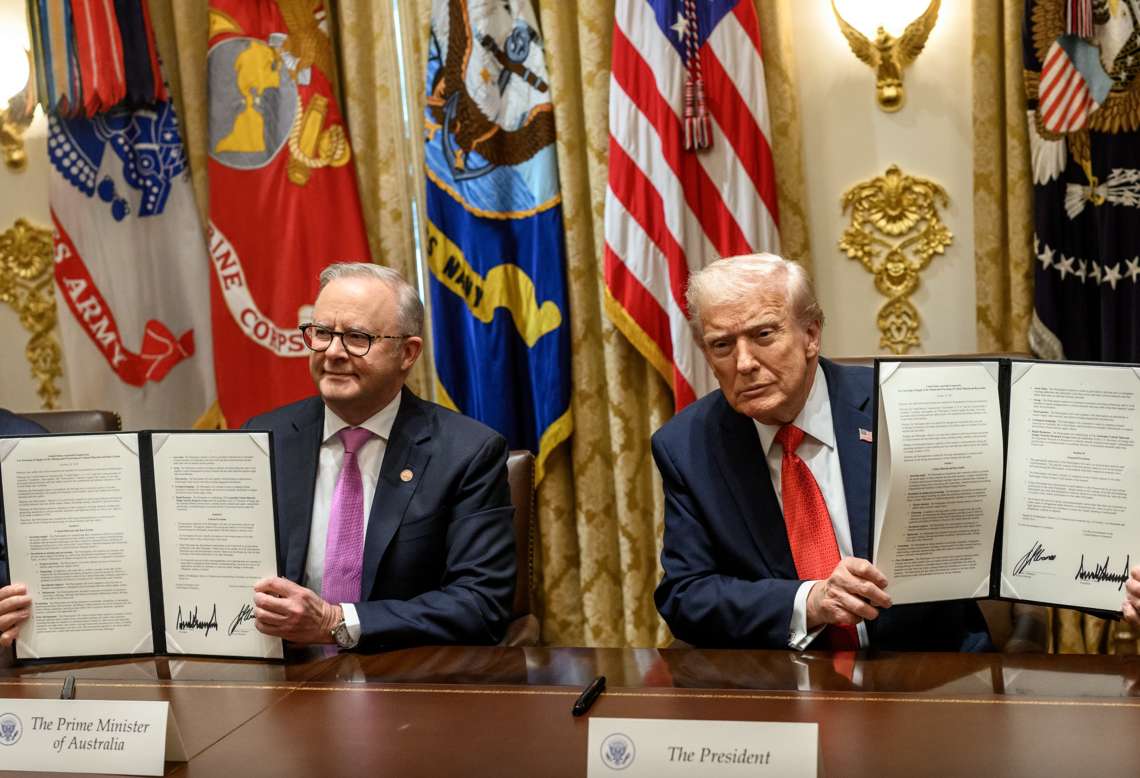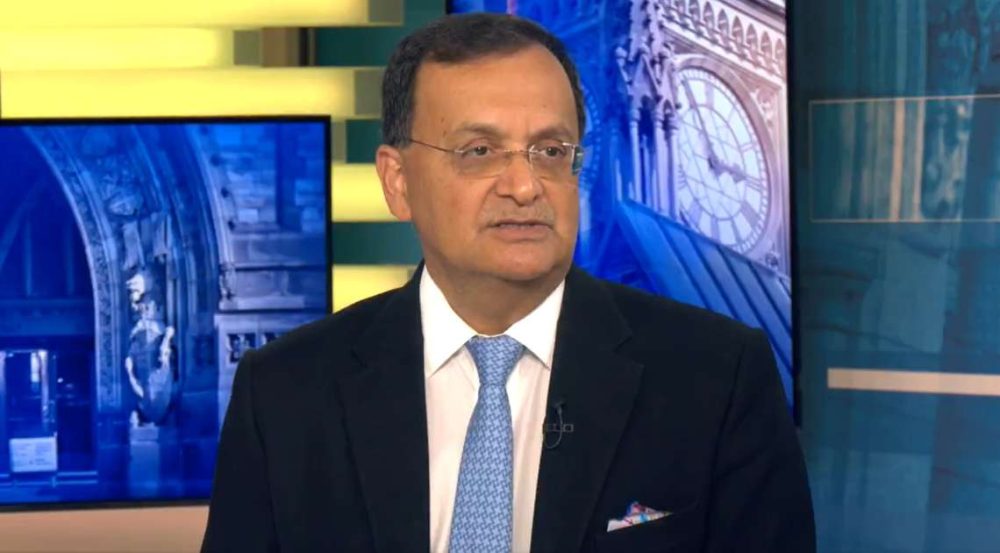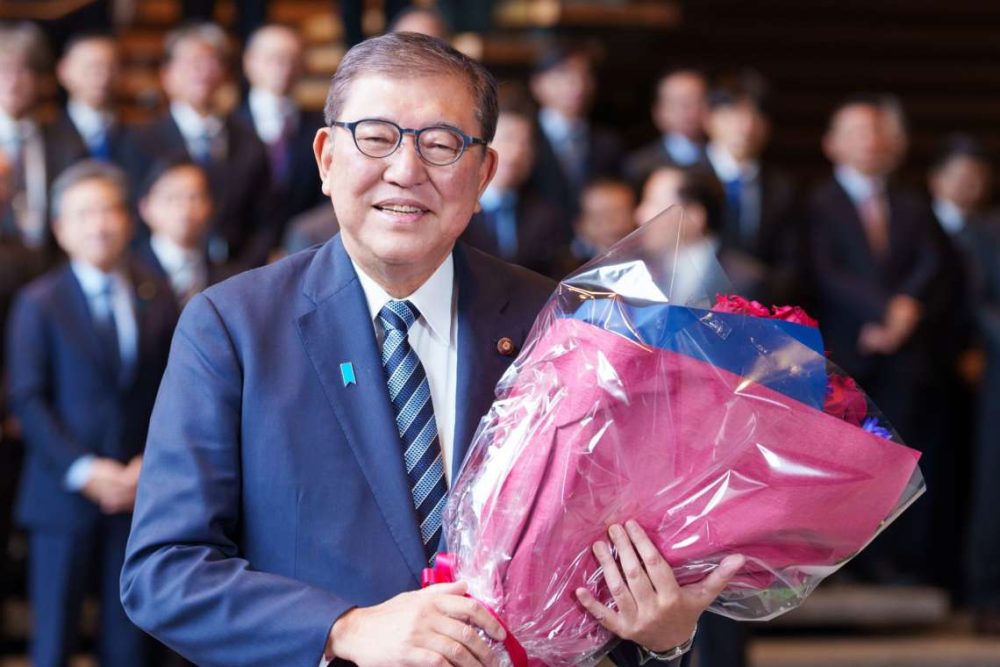Together, the UK and Ecuador are building a legacy of cooperation, innovation, and environmental stewardship…reports Asian Lite News
British water treatment specialist Hydro Industries has won three significant contracts in Ecuador, in what is being hailed as the largest commercial transaction by a UK company in the South American country in recent years. The deals, valued in the tens of millions of US dollars, signal a deepening of bilateral trade and cooperation between the United Kingdom and Ecuador, while underlining Britain’s ambitions to promote sustainable growth through global partnerships.
Hydro Industries, based in Wales, is recognised for its advanced water treatment systems that combine engineering innovation with environmental stewardship. The company’s technology has already been deployed worldwide to tackle the pressing challenge of clean water access, and its latest projects in Ecuador are seen as a model of how British expertise can be applied to improve lives while protecting ecosystems.
The announcement comes under the umbrella of the UK’s Growth Strategy for International Trade and Investment, through which the British Government is actively backing firms delivering high-impact solutions in clean energy, infrastructure, and climate resilience.
Chris Campbell, the UK’s Ambassador to Ecuador, described Hydro Industries’ latest success as more than a commercial success story. Speaking from Quito, he said: “Hydro Industries is a delivery partner for the UK’s global strategy for sustainable growth. These projects show how British technology can be a catalyst for transformation, improving lives and protecting ecosystems. We are proud to support UK companies like Hydro Industries in expanding their footprint and impact in Ecuador. The British Embassy Quito acknowledges the vital role of our Ecuadorean partners, local municipalities, public institutions, and technical teams whose leadership and openness to innovation have made these achievements possible.”
One of Hydro’s flagship achievements in Ecuador has been its partnership with EMGIRS, the public waste management company serving the capital, Quito. In 2024, Hydro installed a leachate treatment plant designed to prevent toxic waste from landfill sites contaminating the Inga River. The facility has already processed more than 208 million litres of clean water, a figure expected to rise significantly under a new contract to expand its capacity. Local environmental groups have welcomed the development, pointing to the dual benefits of safeguarding a vital waterway while improving water access for residents in surrounding areas.
In the coastal city of Manta, Hydro Industries has entered into a confidentiality agreement with the municipality to advance a long-term public-private partnership. The project will adapt British water treatment technology to local needs, strengthening the city’s water security as it grows. Construction is scheduled to begin in the second quarter of 2026, in what officials describe as a major step towards creating a more resilient urban water infrastructure. The Mayor’s office in Manta has emphasised that the project is intended to serve both the city’s population and its dynamic port economy, which requires a reliable supply of clean water for commercial operations.
In the nearby municipality of Rocafuerte, Hydro Industries has signed a 10-year strategic partnership under the leadership of the local mayor to deliver clean, safe drinking water to residents, alongside treated water for agricultural and industrial uses. The initial contract, valued at over US$75 million, includes commitments from both sides to maximise the use of local labour, ensuring that employment and training opportunities are created within the community. This focus on local participation aligns with broader UK policy aims to ensure that international trade projects deliver tangible social and economic benefits in partner countries, rather than simply exporting technology.
All three projects are in line with Britain’s stated ambition to strengthen its economic and environmental partnerships across Latin America. The UK’s Department for Business and Trade is actively promoting British firms whose solutions are scalable, sustainable, and responsive to pressing global challenges such as water scarcity, climate change, and pollution. Hydro Industries’ Ecuadorian ventures are being viewed within government circles as a template for similar collaborations in other countries in the region, potentially opening the door to further high-value contracts for British companies.
Trade analysts note that while the UK has long had strong ties with major Latin American economies such as Brazil and Chile, Ecuador’s growing infrastructure needs, political openness to foreign investment, and urgent environmental challenges make it a particularly promising partner. Hydro’s chief executive, although not commenting publicly at this stage due to ongoing negotiations in the region, is understood to be working closely with Department for Business and Trade officials to identify further opportunities for deployment of its technology across South America.
Water scarcity and contamination have become increasingly pressing issues for many Ecuadorian municipalities, driven by rapid urbanisation, agricultural demands, and the impacts of climate change. Hydro’s projects are designed not just as emergency measures but as integrated, long-term infrastructure solutions. By focusing on public-private partnerships and integrating local workforce development into its contracts, Hydro is seeking to embed its technology into the daily operations of municipalities, ensuring both sustainability and self-reliance once projects are fully operational.
For the UK Government, the contracts are being held up as an example of how trade policy can be used as a tool for both economic growth and international development. The involvement of local authorities, public institutions, and technical teams in Ecuador has been key to their success, officials say, demonstrating the importance of local engagement in international projects.
With construction in Manta due to begin in 2026, expansion underway in Quito, and the Rocafuerte initiative launching its first phase, Hydro Industries’ footprint in Ecuador is set to grow rapidly over the next decade — a sign, ministers hope, of a new era of British-Ecuadorian cooperation grounded in shared values of sustainability, innovation, and community benefit.













